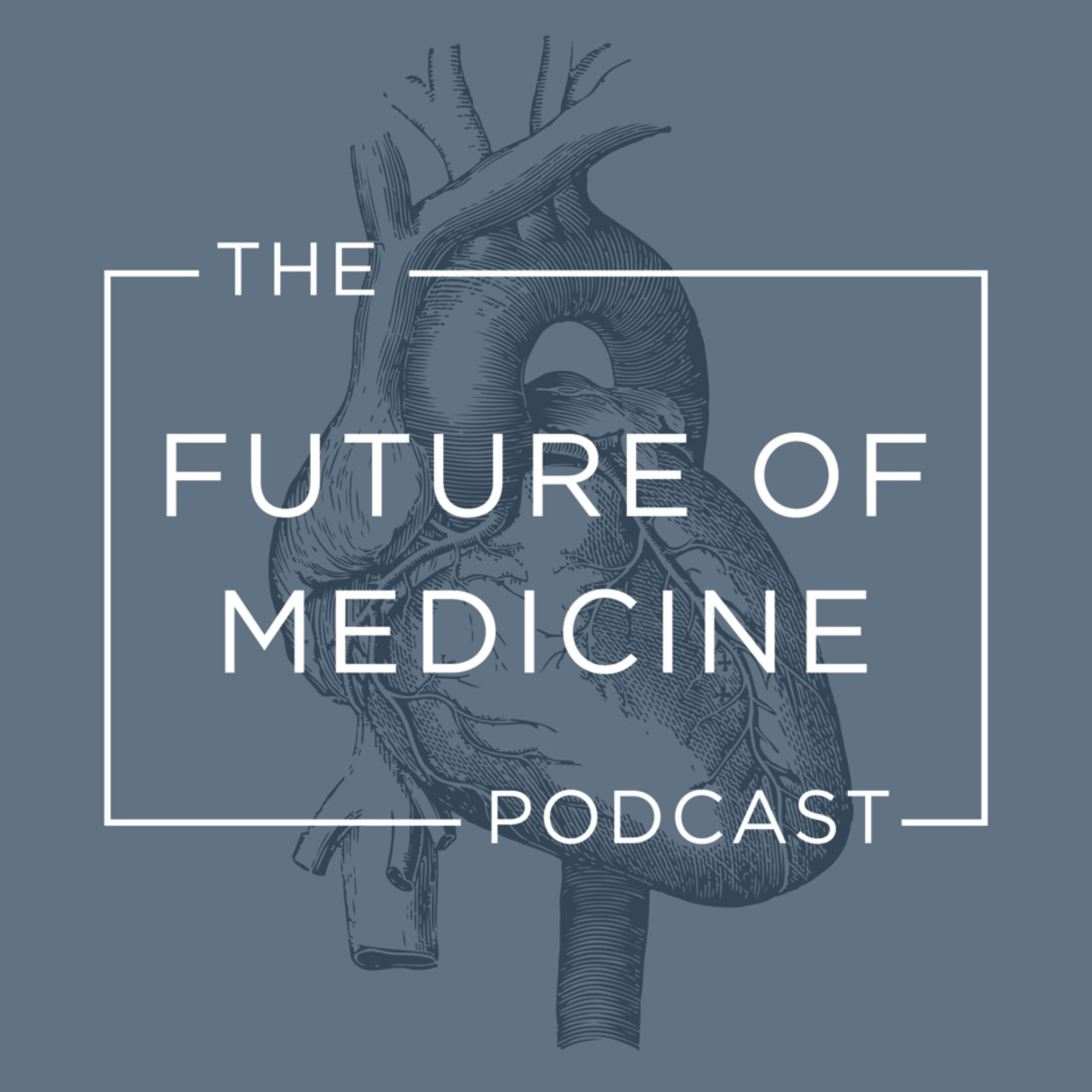Show Notes
THIS POST IS ALL ABOUT PROGESTERONE REPLACEMENT IN WOMEN.
Ladies, what if I told you there was a medication that you could take that could control your PMS, balance your moods, improve your cholesterol, improve heart health, decrease bloating, all with one pill.
Would you be interested in that?
I’m going to give you the three most important things you need to know and understand about progesterone, and the two conversations that you need to have with your doctor today.
WHAT IS PROGESTERONE?
Progesterone is a hormone made by women in their ovaries and their adrenal glands.
And during pregnancy, it is made by the placenta in very large amounts.
WHAT ARE IT’S BENEFITS?
- It supports a healthy pregnancy (“pro-gestation” or pro pregnancy).
- It is the mainstay of treatment for PMS.
- It treats postpartum depression (due to a sudden drop of progesterone once the placenta is delivered).
- Improves heart health.
- Improves sleep.
- Improves bone health.
WHAT’S THE DIFFERENCE BETWEEN BIOIDENTICAL AND SYNTHETIC PROGESTERONE?
- Bioidentical progesterone is the exact molecule that your organs naturally produces.
- Synthetic progesterones are called, Progestins.
Study after study have shown that progestins cause cancer. The most famous progestin is called Provera.
WHERE DOES ALL THE CONFUSION COME FROM?
Much of the confusion around the safety of progesterone (and estrogen, for that matter) has been extrapolated from the Women’s Health Initiative which showed that women using Provera (synthetic progesterone) and PremPro (synthetic combo of estrogen and progesterone) were at an increased risk for breast cancer, blood clots, and stroke.
After all the data was fleshed out, it was concluded that the risks were linked to the synthetic progestins.
Unfortunately, the negative outcomes from the study were applied to all hormones which has caused a lot of unwarranted fear around natural bioidentical hormones because of the extrapolation of risk from these synthetic variants.
In my private practice, I use only natural progesterone. When progesterone levels in women are optimized, long term health benefits are realized, and they feel amazing!
HERE ARE THE TWO CONVERSATIONS TO HAVE WITH YOUR DOCTOR AROUND PROGESTERONE.
1) Should I consider replacing my progesterone?
The truth is, all adult women should be taking progesterone or at least considering it.
Pre-menopausal women tend to be estrogen dominant, so progesterone helps to stabilize mood, even out irregular periods, improve PMS symptoms, and improve sleep.
For peri-menopausal women, it is an excellent treatment for hot flashes which comes from the sudden decrease and drop of estrogen in your body.
And for postmenopausal women, the benefits are improved bone health, cardiovascular health, and prevention of breast and uterine cancers.
2) Is my progesterone level optimal?
Normal progesterone levels in premenopausal women are 4-25 based on the timing of the menstrual cycle.
Optimal progesterone levels in women are 10-30.
HERE ARE THE BIG TAKE HOME POINTS:
- Progestins, like Provera, increases your risk for for stroke, heart attack, breast cancer, and uterine cancer. It is not the same as natural or bioidentical progesterone which are safe.
- Virtually all adult women would benefit from optimizing their progesterone. All of them.
- Optimizing your progesterone level is one of the most important things you can do to increase your lifespan and quality of life.
Talk to your doctor about optimizing your progesterone. You deserve to live the most vibrant life you can, free from cancer, heart disease, and brittle bones.
In the next post, we will discuss thyroid, one of the most mismanaged conditions in all of medicine.
As always, please leave me your comments, questions, and let me know if there are other topics you would like me to discuss in future posts.
If you prefer video content, please be sure to subscribe to our YouTube channel. You can also listen to our podcast The Concierge Medicine Show on iTunes.
Take care —
Aaron Wenzel, MD



